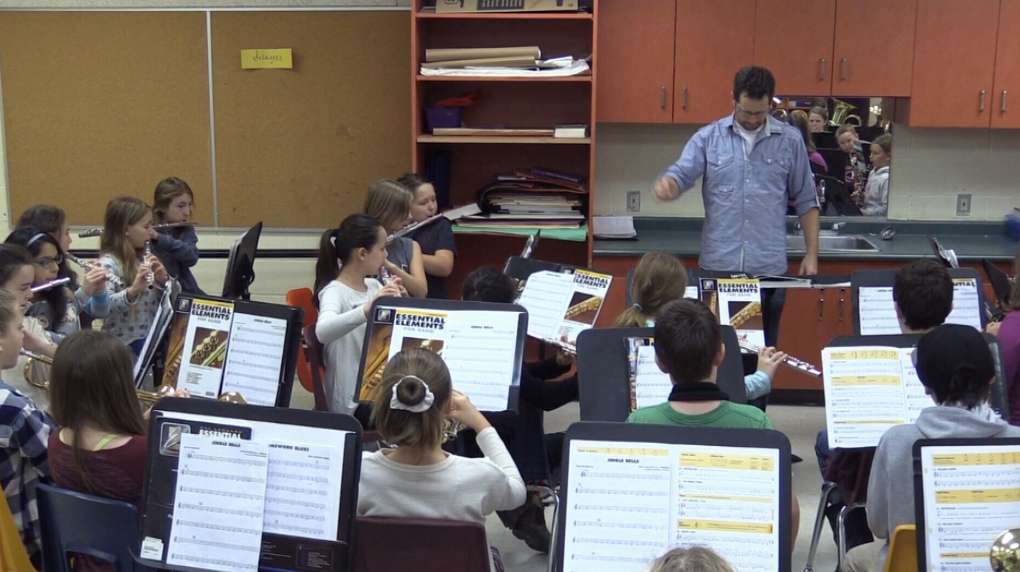The 150-hour rule for obtaining a CPA license is getting blamed in many quarters lately for the shortage of accountants, but another culprit may be the proliferation of complicated accounting standards, according to a recent academic study.
The
“The study looks at how growing regulation within accounting and the increase in accounting rules issued by the FASB have changed the accounting profession and the role of the accountant,” said Anthony Le, a Ph.D candidate in accounting at Columbia University, who carried out the study. “I find that when accounting standards become more restrictive (i.e., place more restrictions on the choices/judgments accountants can make), the types of jobs available for accountants have less focus on tasks such as applying judgment, thinking creatively, and thinking critically, and more focus on determining compliance. I find that this leads to fewer students majoring in accounting, fewer CPA exam candidates, and fewer accountants and auditors overall. The reason for this decrease is that the new type of job (i.e., compliance and rule-following) is inherently less interesting to prospective and current accountants than a job that allows accountants to [employ] professional judgment and creative thinking.”
The study found that the overall demand for accountants does not decrease when exposure to restrictiveness is higher, but the nature of the demand for accountants changes.
“There is less focus on tasks such as applying judgment, thinking creatively, and thinking critically, and more focus on determining compliance,” Le wrote. “Despite the decrease in the number of accountants, earnings for accountants do not increase, and the wage distribution becomes more compressed.”
He supplemented his analysis with a survey-based field experiment, and there too he found that restrictiveness deters students from entering the profession due to their inability to use creative and critical thinking.
“Overall, the findings suggest that restrictive regulation can shift the task content of occupations and reduce the pool of individuals interested in the profession,” said Le.
To be sure, accounting standards may appear to be daunting, but many of FASB’s standards have aimed to simplify the rules, especially for private companies and nonprofits.
Another

Courtesy of GASB
The
Beyond the 150-credit-hour requirement for CPA licensure and the proliferation of accounting standards over the past decade in areas such as revenue recognition, leasing, credit losses, insurance, digital assets, segment reporting and more, the new study acknowledges there may be other factors preventing young people from entering the field.
“Although the current accountant shortage exemplifies the profession’s struggles with recruiting new talent, it reflects a longstanding issue accounting has faced,” said the study. “One of the most common reasons individuals avoid the accounting profession is that they perceive the job as ‘boring’ and ‘dull.'”

